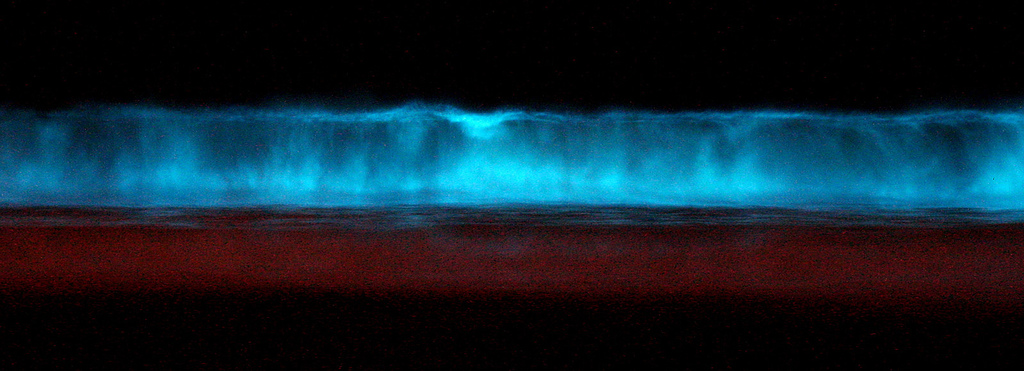A Race Waiting to Be Born

'In an infinite and eternal universe, the point is, anything is possible'
- Stanley Kubrick
'2001: A Space Odyssey' is one of those films that leaves me wondering if there's any point. To watching, I mean. Well, to watching other films, really; because '2001' is such a rich cinematic and theological experience you can't imagine anything else coming close to its visual richness, aural shock, and emotional heft.
I spent this afternoon watching the Blu-Ray (the best advertisment for Hi-Def I've yet seen) with the sound LOUD; and found myself enveloped by a familiar experience that managed also to feel strange, as if I'd never actually seen it before.
Apes. Monolith. Bones. Violence as a way of life. Exploration. Mutual suspicion among human beings. Love between family members and friends. Monolith. Noise. More exploration. Bad computer. Violence as a way of life. Very bad computer. Shut down. More exploration. Invitation. Journey. Shattered Glass. Re-birth. Everything.
When David Bowman (I think we can assume his name is supposed to evoke both primal humanity and the repentant warrior known in the Bible as 'friend of God') allows himself to be transported into his race's future, he is dying in much the same way as a caterpillar dies. It's inevitable. It's inevitable. It's inevitable. He knows it. But some Thing tells him it's going to be ok. Now, I'm the first to admit that applying the work 'ok' to the re-birth of the human race that climaxes '2001' is, at the very least, an understatement (of the kind that Professor Floyd is faced with early in the movie when one of his colleagues expresses the hope that his speech - about the threatened imminent destruction of the human race - could have been a 'morale booster'). But I'm so overwhelmed by the experience of seeing the film again that it seems impossible to know what the right word would be. Evolution? Revolution? Redemption?
These words are too small; or their meaning has been lost through over-use. Same with the kind of superlatives that we like to use to describe movies we like a lot ('the greatest'). But my purpose in writing is not to encourage you to agree with me; or to be impressed with the fact that I can come up with nice words (or disappointed in my failure to do so). I want you to watch the film Or maybe I want to feel that my love for it is somehow connected to it; as if such a thing were possible, given that I wasn't even born when it was made. I'm running out of ways to say what I want to. So I'll stop. Instead of wasting your time with a defense of what I feel, let me risk just reducing it to one statement:
I think that, in dealing with the most profound questions of our existence, '2001: A Space Odyssey' is the most optimistic film ever made.
You are, of course, free to make what you want of that statement. But I'm so excited by what I've just seen, for the tenth or twentieth time, that I really had to tell someone. Hope you have a great weekend.
 “Your principal concern appears to be that the Creator of the universe will take offence at something people do while naked. This prudery of yours contributes daily to the surplus of human misery.” – Sam Harris, ‘Letter to a Christian Nation’
“Your principal concern appears to be that the Creator of the universe will take offence at something people do while naked. This prudery of yours contributes daily to the surplus of human misery.” – Sam Harris, ‘Letter to a Christian Nation’